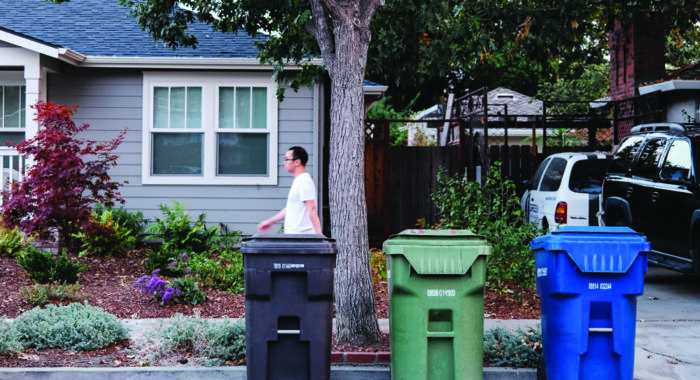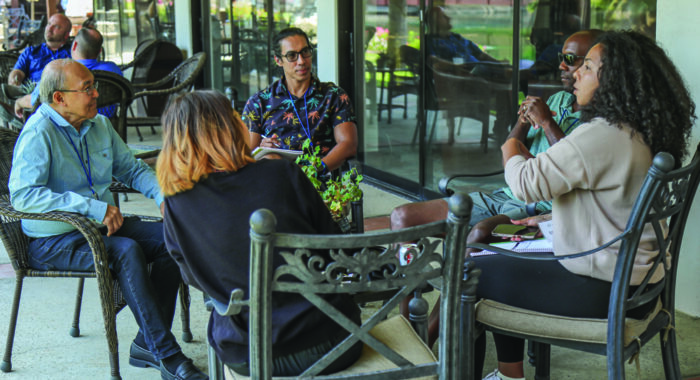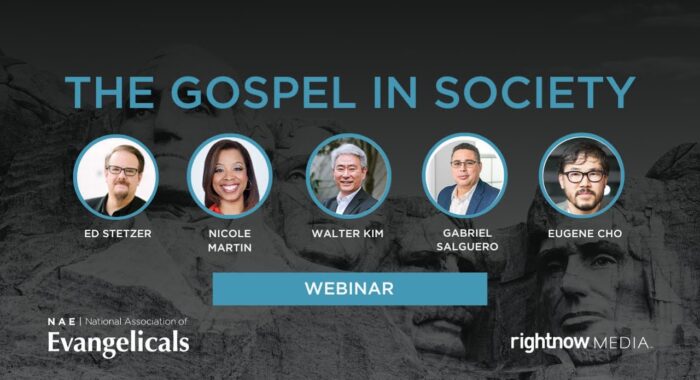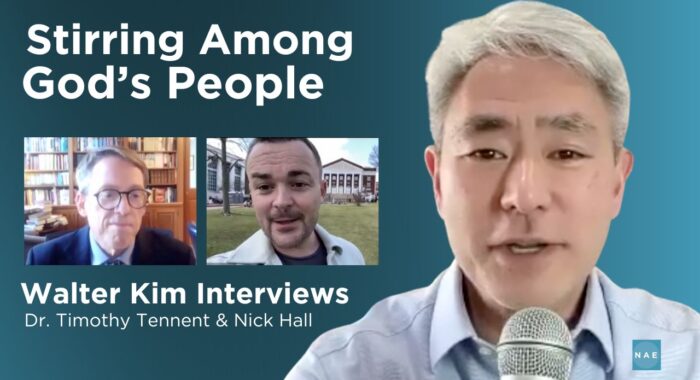I laughed when I received the invitation. A meeting with leading scientists in the region? I hadn’t attended anything science-related since my college biology class 30 years ago. Decades of pastoral ministry had led me in multiple directions of continuing education, but science wasn’t one of them.
However, out of curiosity and because of my respect for the National Association of Evangelicals, which was a co-sponsor of the event, I accepted. The American Association for the Advancement of Science (AAAS) served as host for a well-planned, well-led day of interaction between approximately three dozen scientists and evangelical leaders. As the world’s largest science association, the AAAS is dedicated to advance science and innovation for the benefit of people throughout the world. In their research, the AAAS has reported that evangelicals often have a negative perception of the scientific community, and hence the AAAS is seeking to improve understanding and communication between the two groups.
Attendees ranged from conservative evangelical leaders to a member of a local atheists association. A seminary professor, a nuclear physicist and a leading astronomer were just a few of the participants. Some of the scientists were evangelicals themselves; others expressed, either verbally or nonverbally, discomfort in being in the presence of outspoken Christians. One scientist acknowledged to me that he didn’t dare let his associates know what kind of meeting he was attending. It was a fascinating and stimulating day. I learned much about recent scientific progress and met some engaging people.
However, as I drove away from the event, I found myself thinking mostly about our reputation and behavior as evangelicals:
- Why is it that evangelicals are so often viewed as being anti-science?
- Why do we as evangelicals pose so many conversations in “us vs. them” language?
- Wouldn’t gracious conversation take us further than combative blasts? A climate scientist — dedicating his life to improve the well-being of the people of this planet — receives “nasty, abusive” emails from professing Christians whenever his work is in the news.
- Can’t we reconcile good scientific method with solid evangelical thought? I was saddened to hear one scientist say that “my belief system is separate from my science.”
As followers of Jesus, we think differently from those who have a secularist worldview. We must think differently if our worldview is shaped by the authoritative Word of God. It is right to hold our evangelical beliefs with deep conviction and joyful confidence. However, do we have to be mean-spirited or arrogant about it? I think not. I appeal to the body of Christ. Let’s believe what we are called to believe, but let’s also be who we are called to be: the beautifully adorned bride who reflects the character of our Christ.
This article originally appeared in the NAE Insight.
John Stumbo has served as the president of the U.S. Christian & Missionary Alliance denomination since he was first elected to the position in 2013. Most of his 35 years of ministry have been as a pastor, including at Salem Alliance Church in Salem, Oregon. He has written three books, “God in You: A Conversation,” “In The Midst: Treasures from the Dark,” and “An Honest Look at a Mysterious Journey.” He received his B.A. in Bible and theology from Crown College and his M.A. in missiology from Columbia International University. He earned a D.Min. in leadership and the emerging culture from George Fox Evangelical Seminary.




 View All Articles
View All Articles 





























